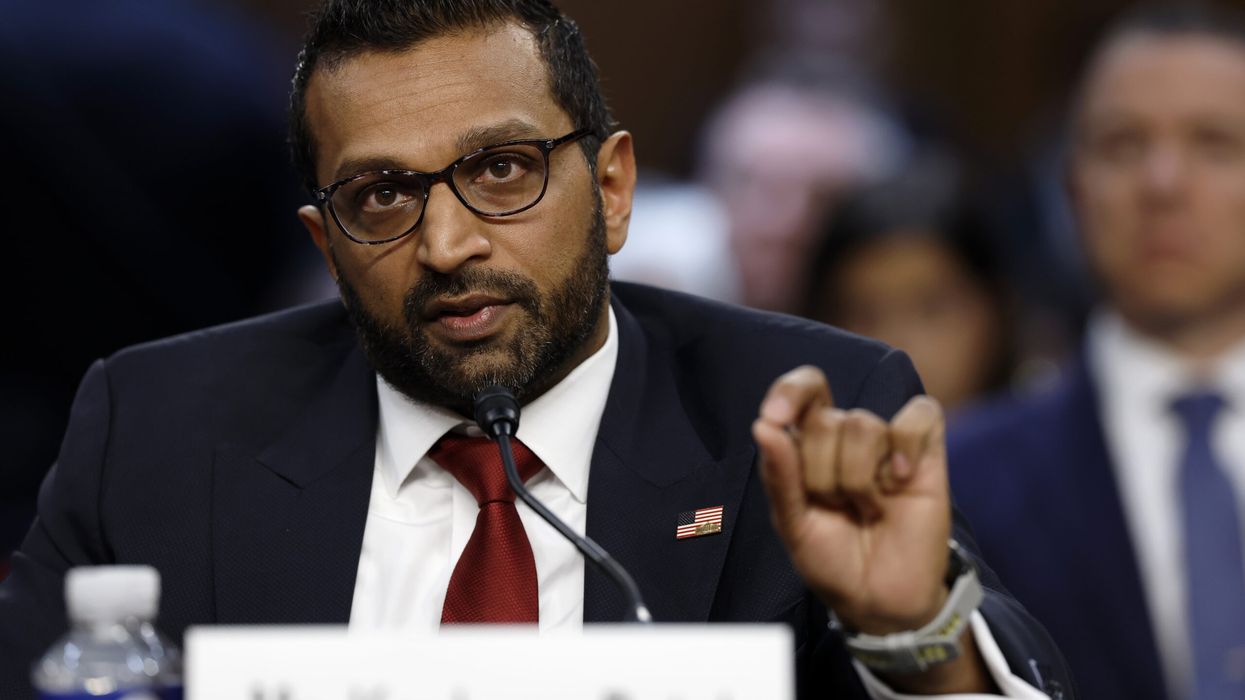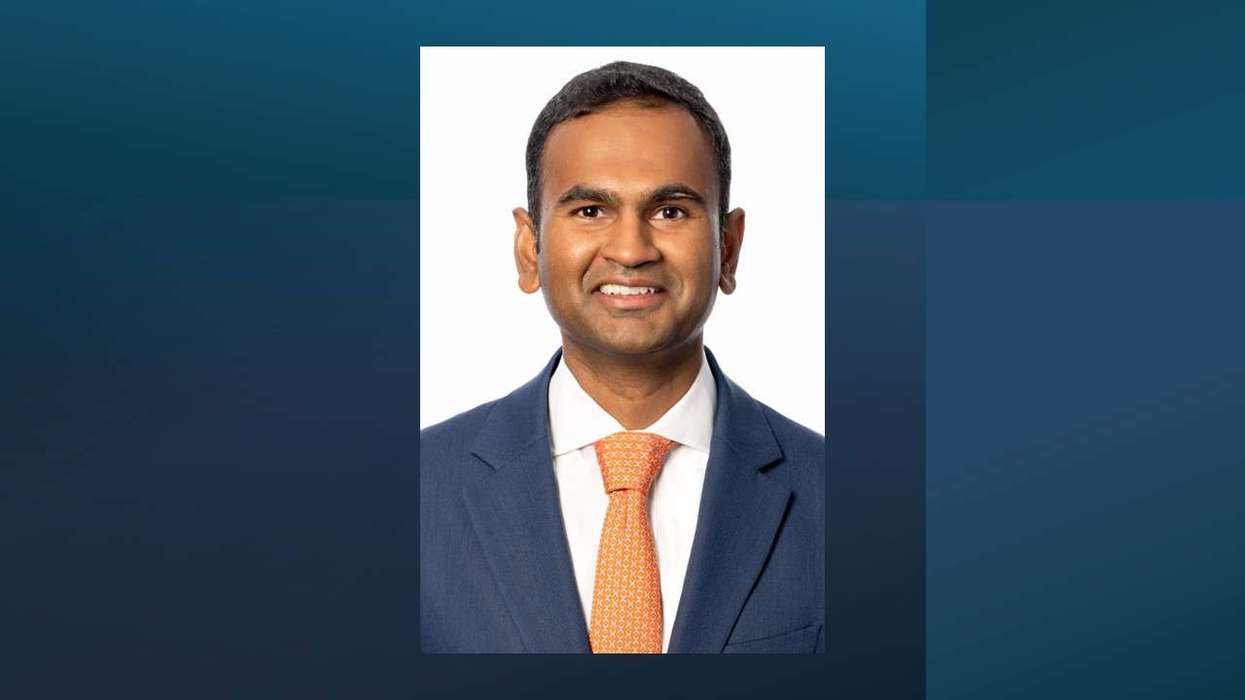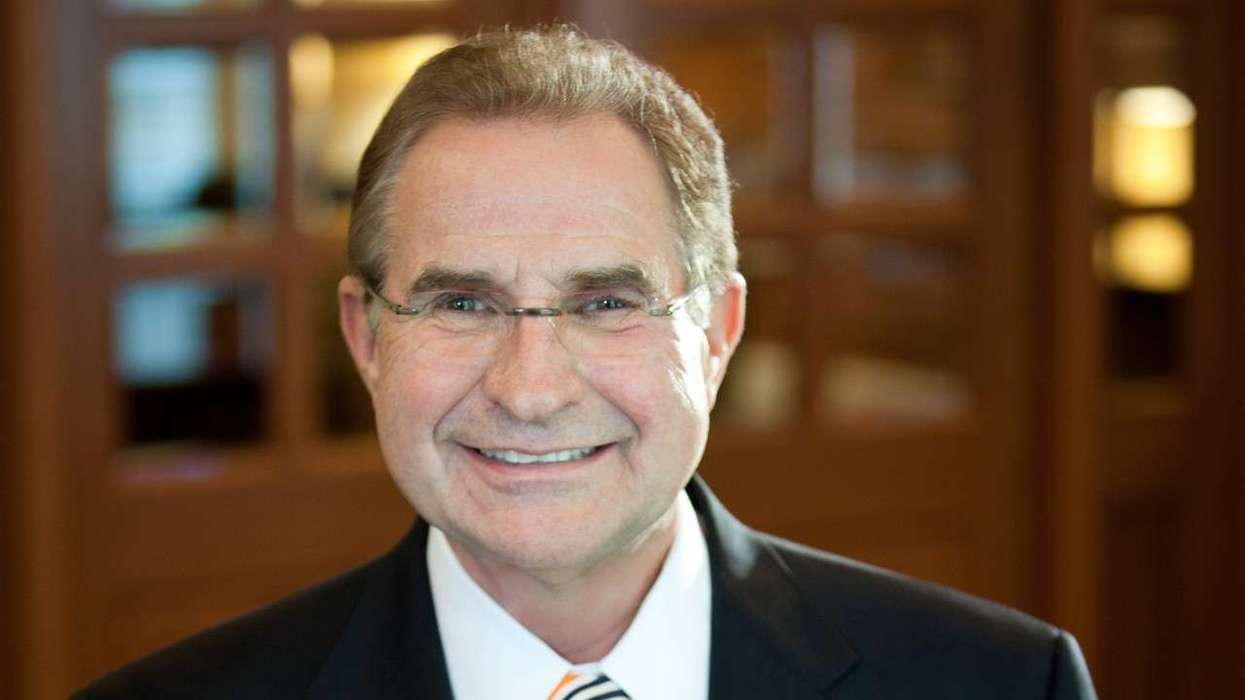KASHYAP “KASH” PATEL, President Trump’s nominee for FBI director, highlighted his Indian roots at his confirmation hearing before the Senate Judiciary Committee, greeting his parents with “Jai Shree Krishna”. If confirmed, he would be the first Indian American to lead the nation’s top investigative agency.
AAHOA backed Patel’s nomination, citing his public service and national security experience as crucial for addressing challenges facing both the FBI and the hospitality industry.
"Kash Patel's nomination is a significant moment," said Miraj Patel, AAHOA chairman. "His counterterrorism and public service background offers valuable expertise for tackling complex security issues."
Patel, 44, was a public defender and federal prosecutor before joining Trump’s administration during his first term as president in 2019. He served in various roles, including under the secretary of defence and the director of national intelligence. Trump nominated him in November to replace Christopher Wray, who led the FBI for more than seven years and who Trump appointed in his first term.
Hotel associations such as AAHOA combat human trafficking through education, certification and partnerships with organizations like Businesses Ending Slavery & Trafficking. The association views Patel’s counterterrorism expertise as a valuable asset to this mission.
Meanwhile, Kash Patel's hearing was one of three contentious sessions Thursday as Trump's nominees sought Senate approval. He has publicly suggested prosecuting journalists if confirmed as FBI director and turning the bureau’s headquarters into a “museum of the deep state.”
In a news release, the U.S. Senate Committee on the Judiciary called Patel a “radical extremist.” The committee cited a list he published of 60 “members of the deep state” that included Democrats and Republicans, including Bill Barr, former U.S. attorney general during Trump’s first administration who opposed Trump’s claims that the 2020 election was rigged.
“Kash Patel is an extreme MAGA loyalist who would make our country less safe. He is blindly loyal to Donald Trump and Donald Trump only,” said Senate Democratic Whip Dick Durbin, ranking member of the committee. “He has a trail of grievances and history of lashing out at those who don’t agree with him. That’s not the kind of nonpartisan, law enforcement professional who should lead the FBI.”
Democrats repeatedly pressed him on these statements, along with his qualifications and ethics, Al Jazeera reported. However, they face an uphill battle blocking Patel’s confirmation. By the hearing's end, his nomination seemed set for a full Senate vote, where Republicans hold a 53 to 47 majority.
"Public trust in the FBI is low," Chuck Grassley of Iowa, the chairman of the committee, was quoted as saying in an Al Jazeera report. "Only 41 percent of the American people think the FBI is doing a good job. There’s no surprise that public trust has declined in an institution that has been plagued by abuse, lack of transparency, and weaponization of law enforcement."
Grassley said that Patel, if confirmed, would be tasked with restoring that trust.
“First, let good cops be cops,” Kash Patel wrote, outlining his priorities. “Leadership means supporting agents in their mission to apprehend criminals and protect citizens. If confirmed, I will streamline headquarters operations while strengthening the presence of field agents nationwide. Collaboration with local law enforcement is crucial to the FBI’s mission.”
Laura Lee Blake, AAHOA’s president and CEO, said the association's members have built a legacy of hard work and dedication.
"We are committed to addressing societal issues, such as combating human trafficking, and look forward to continued progress under strong leadership at the FBI," she said.
The American dream
Kash Patel’s parents, Indian immigrants of Gujarati ancestry, lived in Uganda until anti-Asian policies forced them to leave in the early 1970s. They settled in Long Island, New York, where Kash Patel was born. His father worked as a financial officer at an aviation company. Born on Feb. 25, 1980, Kash Patel studied criminal justice and history at the University of Richmond, graduating in 2002, and earned a law degree from Pace University in 2005.
"I love the American dream,” Kash Patel said at a recent inauguration event for Trump.
Patel said his story is one that many others share. Under a genocidal dictatorship in Uganda in the 1970s, his father witnessed 300,000 of his countrymen murdered and “saw the devastation caused by lawlessness when it breaks through the system of constitutional justice.”
"He fled, like so many others,” he said. “He married my mother, and they moved here, waited in line because the American dream was worth standing in line for. That dream is woven into the fabric of this nation. And our immigration policy is the greatest in the world."
But dreams alone aren’t enough, Kash Patel said.
"Americans must get to work," he said.
President Trump nominated former Oregon Congresswoman Lori Chavez-DeRemer to lead the Department of Labor, with former EEOC Commissioner Keith Sonderling as deputy secretary.






